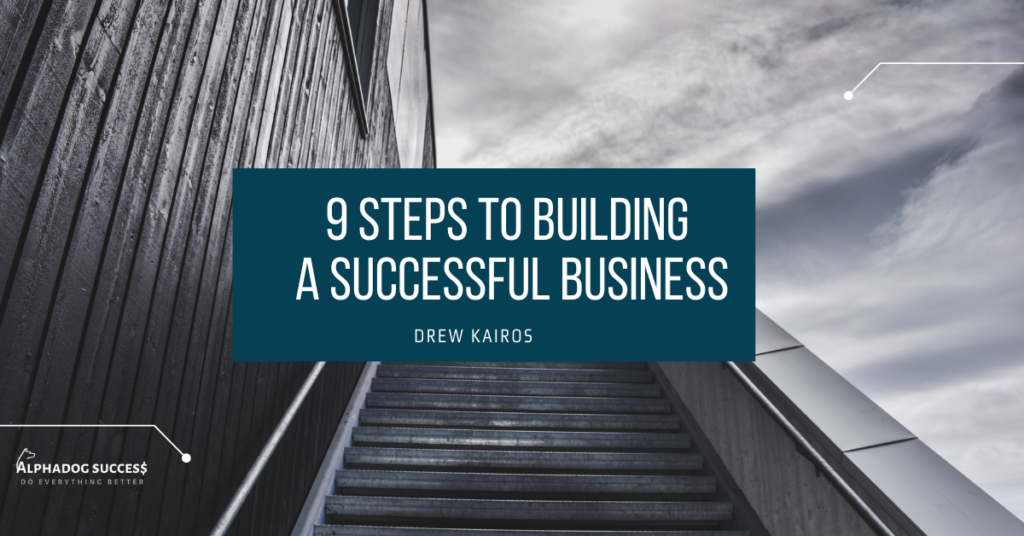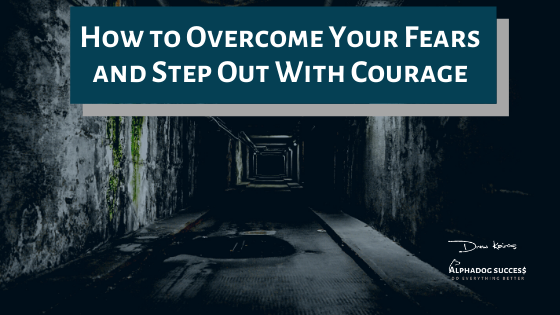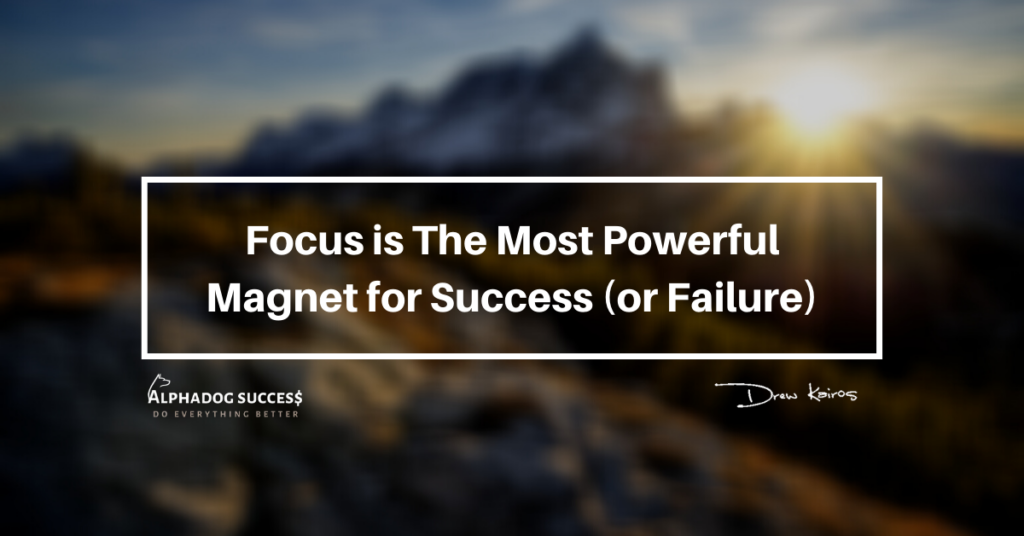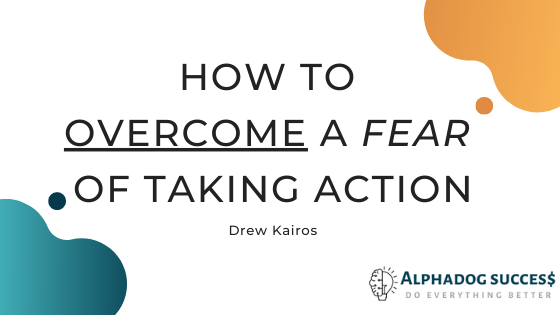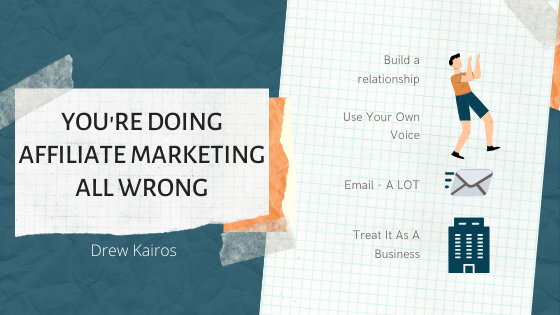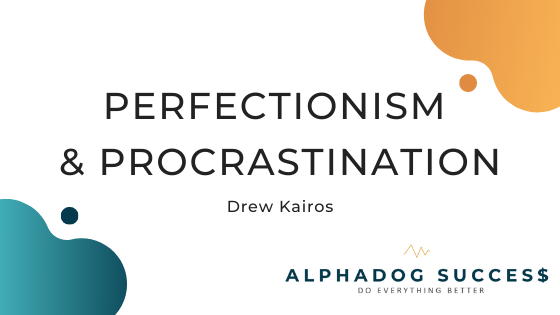8 Simple Mindset Shifts That Will 10X Your Success
Your mindset controls your reality and shifting it is something that is ALWAYS within your power. So, when things feel slow, stagnant, or difficult, consider how you may be able to shift your perspective to a more empowing and success-oriented mindset. Mindset Shift 1: Time is precious. Firstly, our time is finite, but most of us live contradictory to that. Change your mindset around how you think about time. We waste years at jobs we hate, stay with people we’re not entirely happy with, and tolerate situations that don’t make us feel fulfilled. Remind yourself that time is your most precious resource. Mindset Shift 2: It all starts in the mind. All you have control over is your mindset. You can work to influence the world around you, but that strategy can have varying results. By learning to master the internal world you’ll then be able to influence your external reality and realize a far greater power. The change starts from within. Mindset Shift 3: Be Grateful. The benefits of gratitude are backed by science; it improves your well-being. Gratitude shifts the mind from “I need” or “I don’t have enough” to “I’m so happy” and “I have enough.” Most importantly, the effort to change this mindset is minimal, but the difference is monumental. By expressing gratitude, you’ll draw things to you that are alinged with this new through structure, attracting more things to be grateful for. Mindset Shift 4: Be Present. The ability to quietly be with yourself and be aware of what is occurring around you is a skill you have to work hard on. It will improve the quality of your mind. To be in the moment is a powerful experience full of benefits. Mindset Shift 5: Happiness is not in the material. We all intellectually believe that the quest for material goods will not make us happy over the long term. It was a lie sold to us, that even today, most still think material goods are the ultimate sign of success. They are not. Freedom is success – not stuff. Having money to experience that freedom is a necessary evil. Mindset Shift 6: Remember your WHY. When you’re working towards a big goal, figuring out your “why” is one of the most critical mindset shifts you need to cultivate. If you are struggling with motivation right now, lost your way, or are just starting out, this is the place to begin. With clarity around your “why,” your mindset will be primed for action. Mindset Shift 7: Make Failure Positive. It’s natural to see failure as negative; after all, you did something, and it wasn’t successful. However, you should see each failure as a valuable opportunity for personal growth. A chance to grow that will inevitably lead to more success in the future. Mindset Shift 8: Apply what you learn. Study – practice – teach is my philosophy. It is easy to consume large quantities of information and obtain knowledge. However, there’s very little connection between gathering knowledge and actual achievement. You need to make an effort to apply what you learn actively. As you apply this principle over time, it will become a part of you. Study the information, put it into practice, and teach others around you through your example of creating success in your life. ***To learn more about working with me as a coach – get in touch.
8 Simple Mindset Shifts That Will 10X Your Success Read More »


